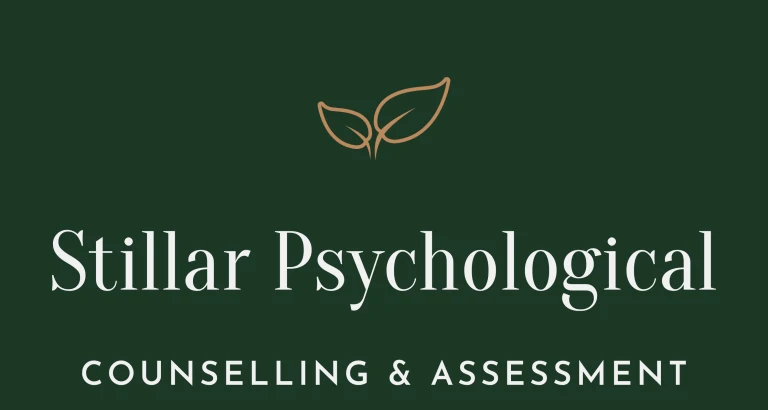EMDR Therapy in Edmonton, AB
Eye Movement Desensitization and Reprocessing (EMDR) is a comprehensive psychotherapy approach designed to address trauma and various other mental health challenges. By integrating emotions, thoughts, and physical sensations, EMDR helps individuals process distressing experiences effectively. Extensively researched and backed by evidence, EMDR has proven to be an effective treatment for trauma and a wide range of mental health conditions.
Understanding the EMDR Process?
EMDR therapy focuses on “processing” distressing experiences that contribute to current challenges or symptoms, while fostering new, positive experiences that promote well-being. Unlike traditional talk therapy, “processing” in EMDR involves establishing a specific brain state that helps problematic experiences become “digested” and appropriately stored in the brain. This ensures that useful information is retained and paired with healthy emotions to guide positive future behaviours. Unhelpful emotions, beliefs, thoughts, and physical sensations are effectively discarded, leaving space for growth and healing.

How EMDR Promotes Healing
Unresolved past experiences often fuel negative emotions, troubling thoughts, physical discomfort, and unhelpful behaviours, steering individuals toward unhealthy patterns. EMDR therapy aims to address and process these lingering effects, replacing them with positive emotions, constructive thoughts, and healthier perspectives. By facilitating this transformation, EMDR empowers individuals to embrace behaviours that foster well-being and long-term resilience.

Conditions Treated with EMDR
EMDR therapy is a versatile and effective approach that addresses a wide range of mental health concerns, empowering individuals to heal and reclaim their well-being. It is particularly beneficial for:

- Trauma and post-traumatic stress: Process unresolved traumatic experiences and alleviate symptoms of PTSD.
- Panic attacks: Reduce the frequency and intensity of sudden, overwhelming feelings of fear or discomfort.
- Complicated grief: Support healing from prolonged or debilitating feelings of loss and sorrow.
- Dissociative disorders: Help integrate fragmented thoughts, memories, and emotions for improved mental stability.
- Disturbing memories: Reframe and diminish the emotional distress tied to painful memories.
- Phobias: Address irrational fears and help individuals regain control over their lives.
- Pain disorders: Alleviate chronic physical pain linked to emotional trauma or stress.
- Performance anxiety: Enhance confidence and reduce anxiety in high-pressure situations.
- Stress reduction: Provide tools to manage and lower chronic stress levels effectively.
- Addictions: Address underlying trauma contributing to addictive behaviours and foster healthier coping mechanisms.
- Sexual and/or Physical abuse: Heal the psychological scars from abuse and rebuild a sense of safety.
- Body dysmorphic disorders: Help challenge distorted self-image and improve self-acceptance.
- Personality Disorders: Manage disruptive patterns of behaviour, thoughts, and emotions.
- Eating disorders: Uncover and address the emotional roots of disordered eating patterns.
- Depression: Reduce symptoms of sadness, hopelessness, and lack of motivation.
- Anger issues: Foster emotional regulation and healthier expressions of anger.
By targeting unresolved emotional distress and its physical manifestations, EMDR helps clients achieve a balanced and healthier state of mind.

























